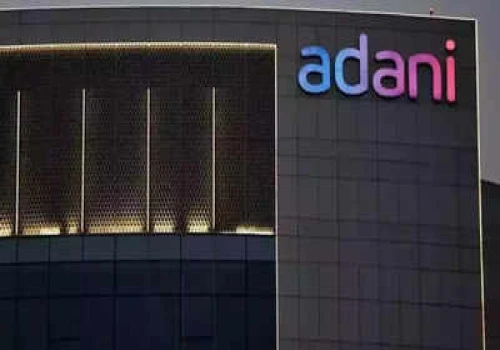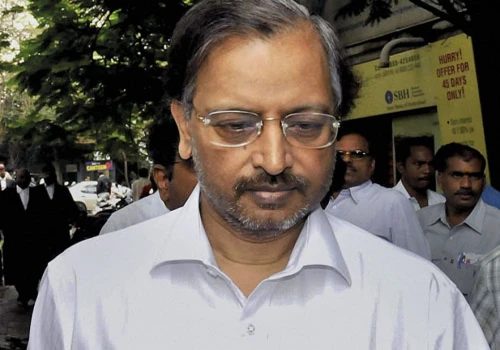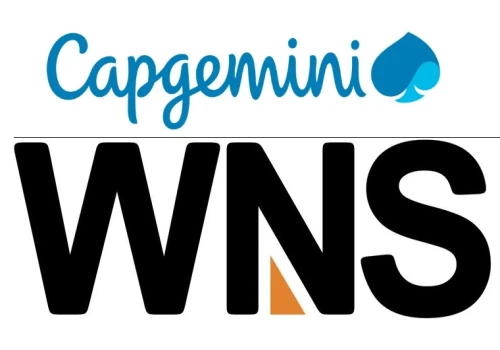_2100_x_1470.webp)
The world of digital payments in India witnessed a significant development as Paytm, the country's third-largest UPI (Unified Payments Interface) platform, secured a potential lifeline for its UPI business. According to reports, Paytm's parent company, One 97 Communications (OCL), has partnered with the State Bank of India (SBI) to facilitate continued UPI transactions for its users.
This move comes after the Reserve Bank of India (RBI) imposed business restrictions on Paytm Payments Bank Limited (PPBL), forcing it to cease operations by March 15, 2024. The regulatory action stemmed from non-compliance issues with PPBL.
Shifting Sands: From Payments Bank to Third-Party App Provider (TPAP)
Prior to the RBI's directive, Paytm's UPI ecosystem functioned through PPBL. To ensure a smooth transition and uninterrupted service for its vast user base, OCL has been actively forging partnerships with established banks.
In February 2024, OCL shifted its nodal accounts to Axis Bank, a leading private sector lender. This strategic move aimed to guarantee continued functionality for merchants accepting digital payments via Paytm even after the March 15 deadline.
The reported partnership with SBI further strengthens Paytm's position in the UPI arena. SBI, India's largest public sector bank, boasts a massive customer base and widespread reach. This collaboration is likely to provide Paytm with the necessary infrastructure and regulatory compliance to navigate the evolving landscape of digital payments.
The Road Ahead: Regulatory Hurdles and TPAP Approval
While the reported partnership with SBI is a positive development, Paytm still awaits a crucial nod – the TPAP license from the National Payments Corporation of India (NPCI).
Acquiring a TPAP license is essential for Paytm to function as a third-party application provider for UPI transactions. Industry sources suggest that the NPCI approval is likely to be granted before the March 15 deadline. This would allow Paytm users to seamlessly continue using the app for UPI payments despite the closure of PPBL.
However, integrating with partner banks like SBI for complete functionality might take more than a month. Paytm will need to ensure smooth data flow and compliance with regulations set forth by both NPCI and its partner banks.
Navigating a Competitive Landscape
The Indian digital payments market is a fiercely competitive space. Paytm faces stiff competition from major players like PhonePe and Google Pay, both of which are already established TPAPs.
To retain its user base and market share, Paytm will need to leverage its brand recognition, extensive merchant network, and focus on user experience. Offering innovative features, attractive deals, and robust security measures will be crucial in the ongoing battle for dominance in the digital payments realm.
The partnership between Paytm and SBI signifies a critical step towards ensuring continuity of UPI services for millions of users. While regulatory hurdles and competition remain, Paytm's strategic maneuvering positions it for a potential comeback in the dynamic digital payments sector of India. The coming months will be crucial in determining how effectively Paytm integrates with its new partners and navigates the competitive landscape to retain its position as a major player in the Indian digital payments ecosystem.


_270_x_189.webp)









